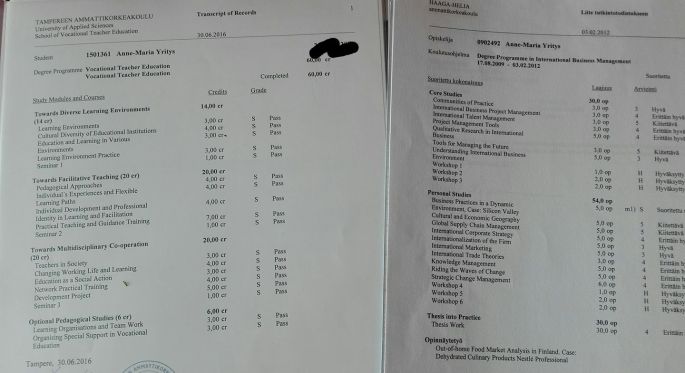The old saying “Rome was not built in one day” actually means that all things take time to create, and great things like the city of Rome take a very long time. Therefore, we should not expect to accomplish something or achieve success immediately. Having patience is extremely important.
Is time man-made?
Some arguments about time:
– Time is the ongoing sequence of events taking place, including the past, present and future.
– Time is measured using seconds, minutes, hours, days, weeks, months, years, decades, centuries, and light years.
– From the age of Newton up until Einstein, time was considered to be absolute and to flow equably. In his special theory of relativity, Einstein postulated the constancy and finiteness of the speed of light, showing that there is a requirement for distances to appear compressed and time intervals appear lengthened. (andersoninstitute.com. Definition of Time. Quoted 13.8.2014).
– The concept of time, including daytime and nighttime, has always existed.
– Time is made up of motion and distance, both of which are illusions since the physical world is not real.
– Time in terms of a clock itself is not only unreal, but unhealthy. Natural time (tide moving in and out, the wax and wane of the moon, sunrise and set, etc.) is normal, but cannot actually be made to fit a clock anyway.
What do you think about these arguments/definitions?
The next time you feel irritated or under pressure due to time-related matters, ask yourself how significant the issue is in terms of years, decades, centuries, or even light years. Also think about, and get familiar with, how time is being valued in cultures other than your own.
Admitted – there are many situations in life and work places that require immediate attention, and fast reaction (at least in the Western World). For example, think about acute emergencies, crisis situations, catastrophes, where fast and professional procedure in managing the situation is of out most importance.
A few years ago I read a book called “In Praise of Slowness – Challenging the Cult of Speed”, written by Carl Honoré. (http://www.carlhonore.com/books/in-praise-of-slowness/)
The book is about the world being stuck in fast-forward, and about the rise of a Slow Movement.
Description of the Slow Movement by C. Honoré:
“The Slow Movement is a cultural revolution against the notion that faster is always better. The Slow philosophy is not about doing everything at a snail’s pace. It’s about seeking to do everything at the right speed. Savoring the hours and minutes rather than just counting them. Doing everything as well as possible, instead of as fast as possible. It’s about quality over quantity in everything from work to food to parenting”.
According to the philosophy, we need a Slow Movement because ever since everything has been getting faster, we now seem to be addicted to speed, where each moment of the day is like a race against the clock. Many of us live in a road runner culture which has gone so far that it is visible in what should be the most important asset of our personal lives: our HEALTH.
Signs of accelerated speed:
– Courses in Speed Yoga and Speed Meditation are available these days.
– Many of us are trying to hurry up relationships by connecting with as many people as possible, and forgetting about the quality while focusing on quantity.
– Speed Dating, where singles spend three minutes with a high number of other singles choosing who could be a suitable romantic partner.
– Constant busyness: it is culturally accepted and seen as a positive sign that you are busy.
Symptoms of living too fast:
– Constant tiredness.
– Feeling like a robot accomplishing tasks and just getting through things on your To-Do list without really being engaged in what you do.
– Feeling of racing through your life instead of living it.
– Getting frustrated and annoyed if things do not happen instantly or in the way/at the speed you want them to happen.
(carlhonore.com. Quoted 13.8.2014).
If you recognize these signs and symptoms in your life:
Some benefits of slowing down:
– Positive physiological reactions
– Increased productivity.
– You start seeing the wood for the trees (instead of living like a robot, you will find what is purposeful and what is not so important).
– Quality becomes more important than quantity.
– The term “life in years” becomes more important. Living a life filled with meaningfulness and joy is important.
– Instead of seeking merely external pleasures, it is possible to find internal peace.
– You radiating internal peace and well-being will have positive influence on everything.
“When you slow down, step back a moment and put things in perspective,
you can then move on with more efficiency.”
(Doc Childre)


You must be logged in to post a comment.